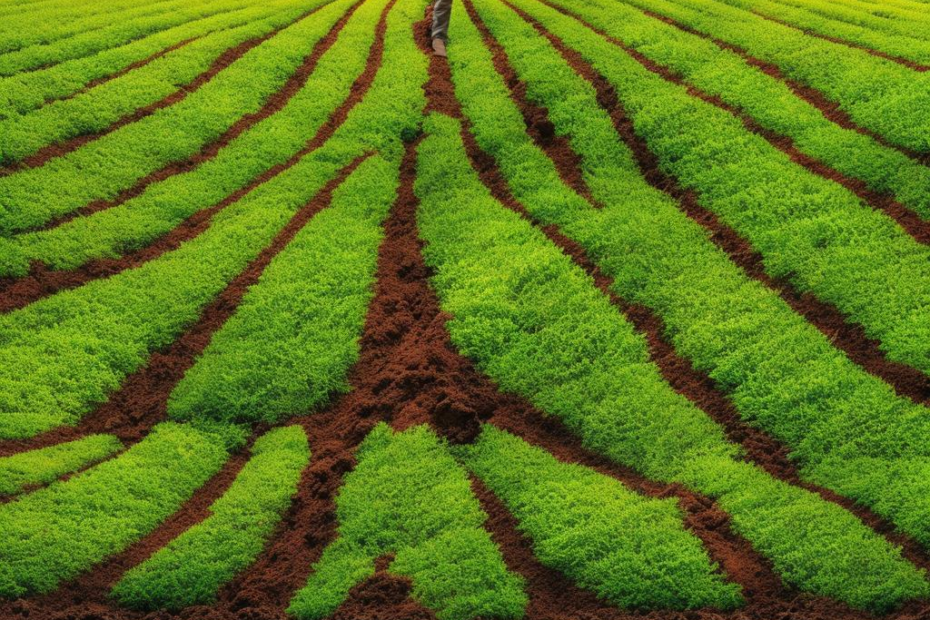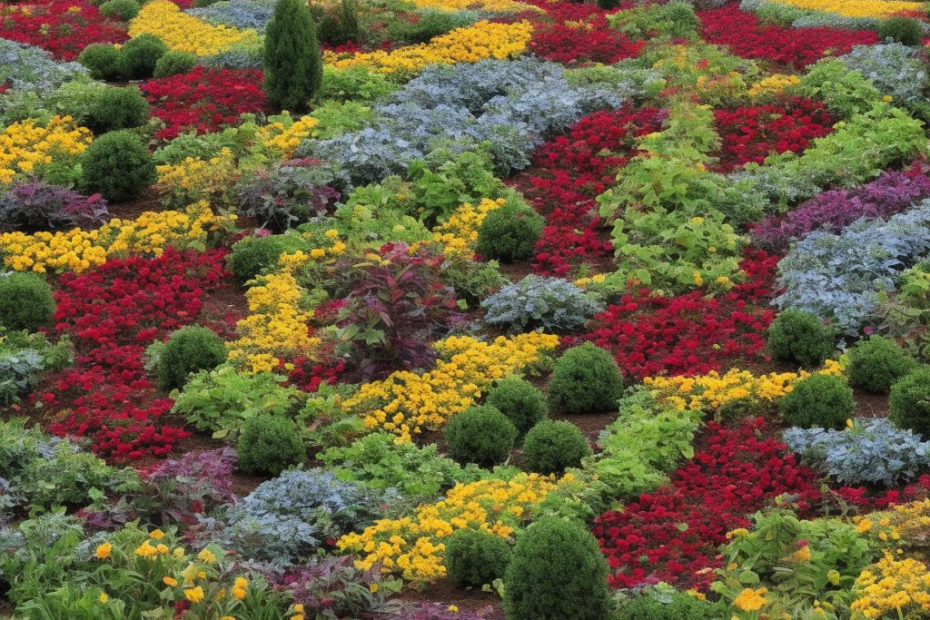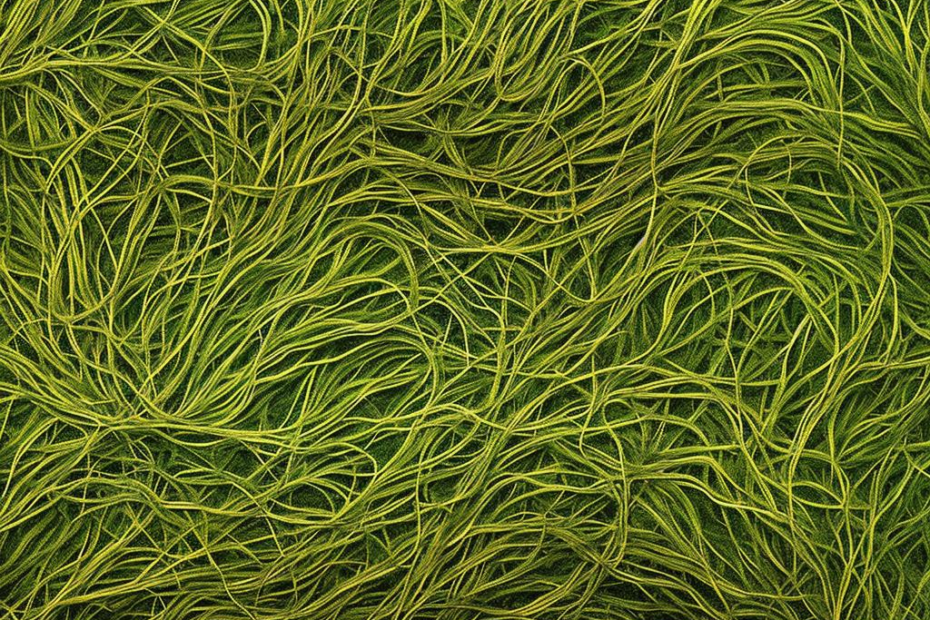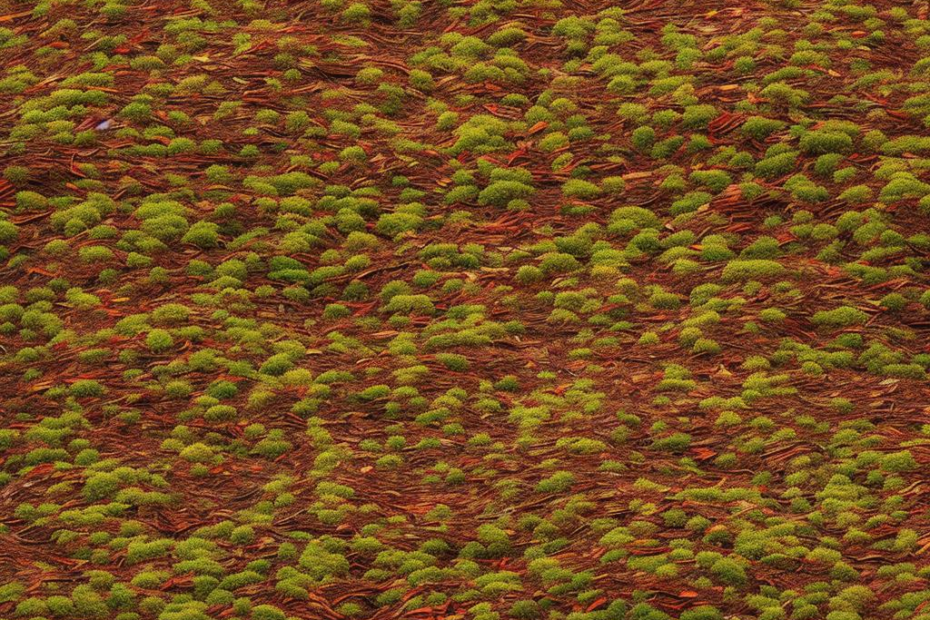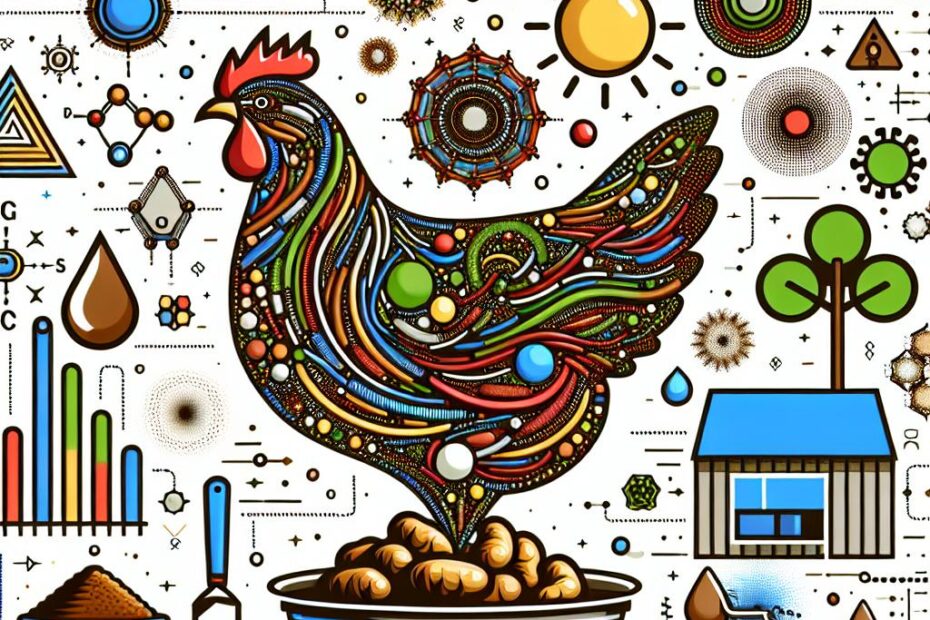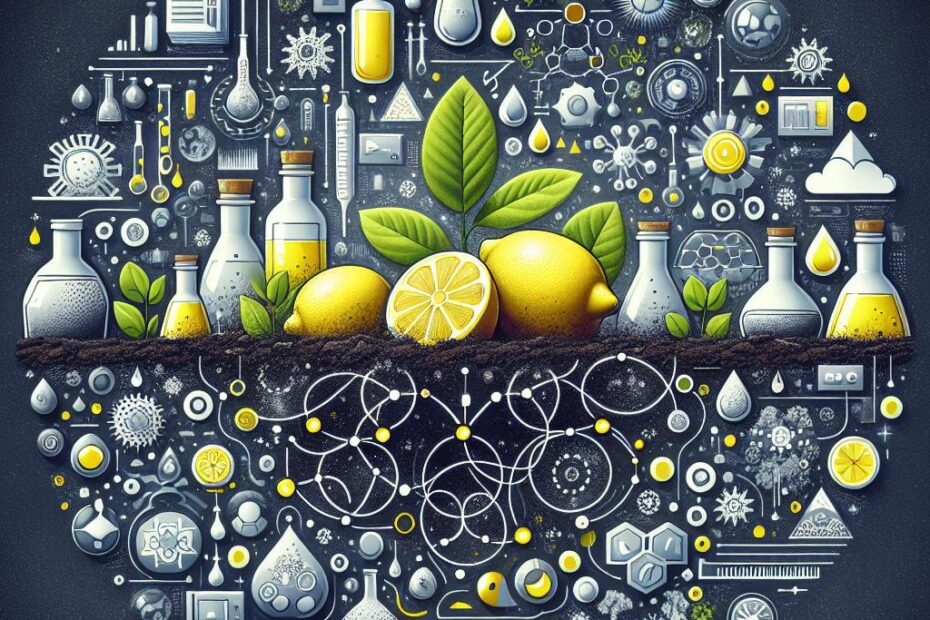How to cultivate soil. The best guide
The land was barren, thirsty for life. With steadfast resolve, the gardener embarked on a journey. Armed with a shovel, she gently turned the soil, paying homage to its potential. Whispers of victory mingled with the earth’s aroma, echoing the promise of a bountiful harvest. In this humble act of cultivation, a symphony of growth and renewal unfolded, reminding us of nature’s infinite capacity to thrive. This step-by-step guide will unravel the secrets to cultivating soil, awakening the dormant spirits of seeds and transforming the ordinary into extraordinary.
